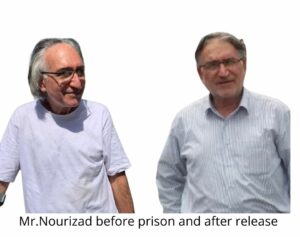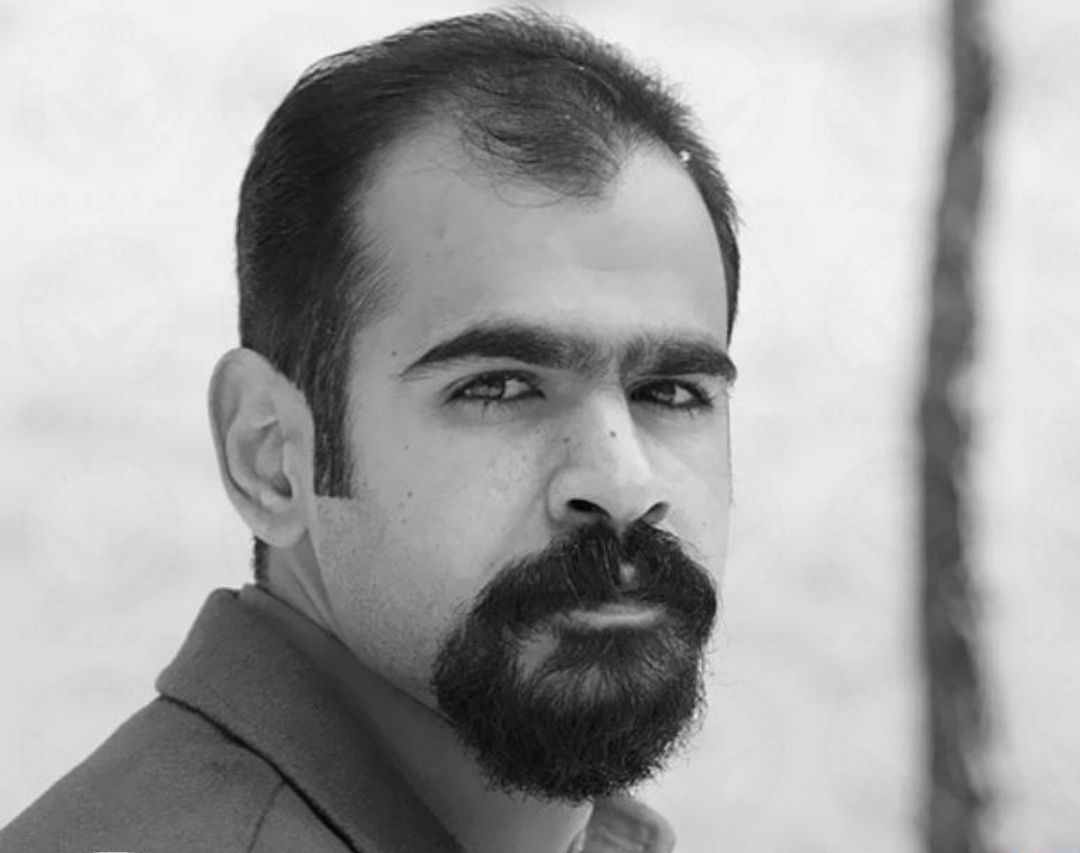A month after the arrest of labor activist Maziar Seyednejad, he is still in detention and his fate is unknown.
According to HRANA, the news agency of Human Rights Activists, Seyednejad was arrested on June 7 by security forces at his home in Tehran. From there, he was as transferred to Ward 209 of Evin Prison, one of the solitary confinement cells of the Ministry of Intelligence Detention Center.
A few days after his arrest, during a brief phone call under the supervision of security forces, Seyednejad informed his family that he is unaware of the reasons for his detention. Despite the family’s inquiries, the reasons for the arrest and the charges against the labor activist are unknown at the time of writing.
Recently, Branch 16 of the Court of Appeals in Khuzestan Province upheld Mr. Seyednejad’s 3-year prison sentence.












